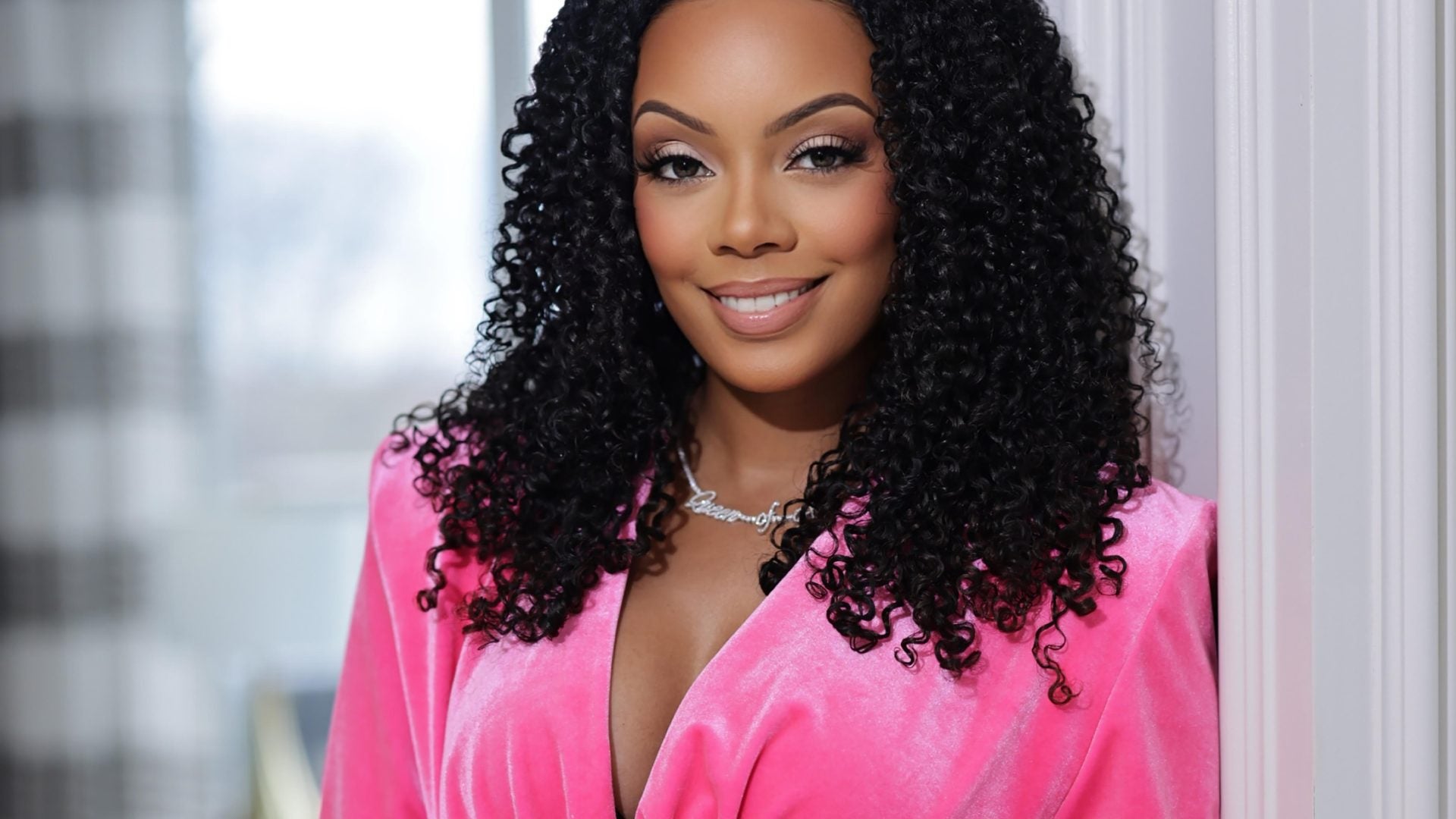
Nine years ago, campaign finance lawyer April Reign created the hashtag #OscarsSoWhite after “the Academy awarded all 20 acting nominations to white actors for the first of two consecutive years.”
Almost a decade later, there has been some progress in this respect. According to a 2023 study released by USC Annenberg’s Inclusion Initiative, “[l]ooking at the eight years before and after #OscarsSoWhite, the USC study found that 8% of nominees between 2008 and 2015 were from underrepresented racial or ethnic groups. In the post-#OscarsSoWhite era between 2016 and 2023, that number increased to 17%.
This year, there are 5 Black acting nominees, “Danielle Brooks, Sterling K. Brown, Colman Domingo, Da’Vine Joy Randolph, and Jeffrey Wright,” who “all earned nods from the Academy for the first time.”
Since 2015, Reign has been extremely vocal about “challenging the lack of representation of marginalized communities in Hollywood and beyond,” telling ESSENCE “I’ve learned so much inside baseball in the last nine years.”
Hollywood seems to only want to reward Black folks for their trauma.
– April Reign, creator of #OscarsSoWhite
Despite the modicum of progress, Reign believes her tweet is “even moreso” applicable today, telling ESSENCE, “I think that George Floyd the pendulum has swung back the other direction with respect to issues of equity and inclusion. Marginalized communities are still fighting for representation in front of and behind the camera.”
When it comes to a certain type of role that is acceptable to award Black people for playing, Reign said, “I have talked about this extensively, especially with respect to the women who have won both for Best Actress and Best Supporting Actress.”
“They’re always characters who are either experiencing trauma or are incredibly broken, or have some type of issue going on with them. It’s never a fully-fledged person. We never see a Black woman or woman of color who is thriving,” Reign continued. “We see it year after year. Hollywood seems to only want to reward Black folks for their trauma. It’s unfortunate that that that’s where we are and that we can see what appears to be a pattern occurring over and over again for years when we finally do get nominated.”
“This year we even have Lily Gladstone who’s nominated for Best Actress for Killers of the Flower Moon. But she spent a lot of that movie in bed and this story is being told from Leo DiCaprio’s perspective, not really hers,” Reign added. “So yes, we are very thankful that Native Americans are finally getting some representation on screen with respect to the Osage Nation in this case, but wouldn’t it be wonderful if they have the opportunity to tell their own stories?”
During our conversation, Reign questioned how “in the Black community, we over index with respect to entertainment you know, to the tune of over a trillion dollars every single year. Yet we are still fighting to see ourselves represented on both the big and small screens. Why is that?”
“There is some responsibility on the consumer to ensure that we support the films that do represent us the way we’d like, and not just monetarily with our tickets or streaming services, but also talking it up within the community,” Reign stated.
Ultimately, Reign believes that “we have to change the rubric.” Because “if it doesn’t do well, you’re not going to get another chance. Then if it does do well, it’s ‘well now, this is the bar that you have to meet or exceed every single time.’ But it is unfair to make those requirements for folks who already have had to struggle to get the film made.”
“The cards are stacked against us,” says Reign. “So we have to decide what the true bellwether and standard is. In that vein, that’s why it’s important that we have our own production companies, that we have our own theaters so we have a way to put our films out there.”





